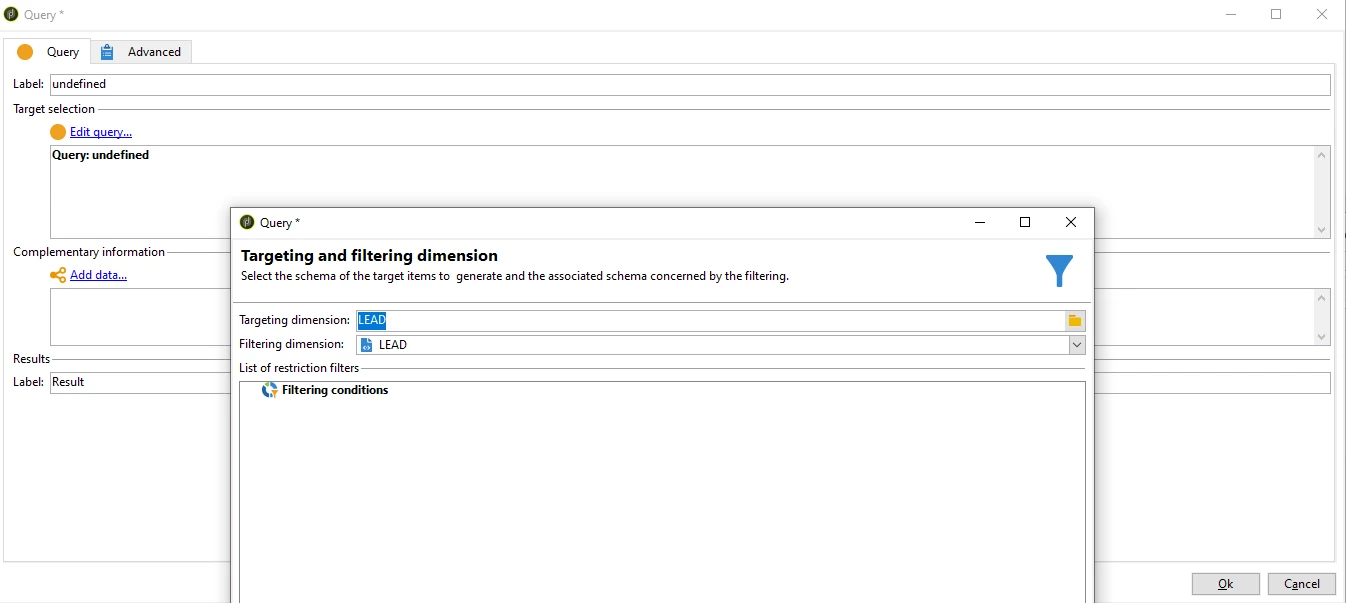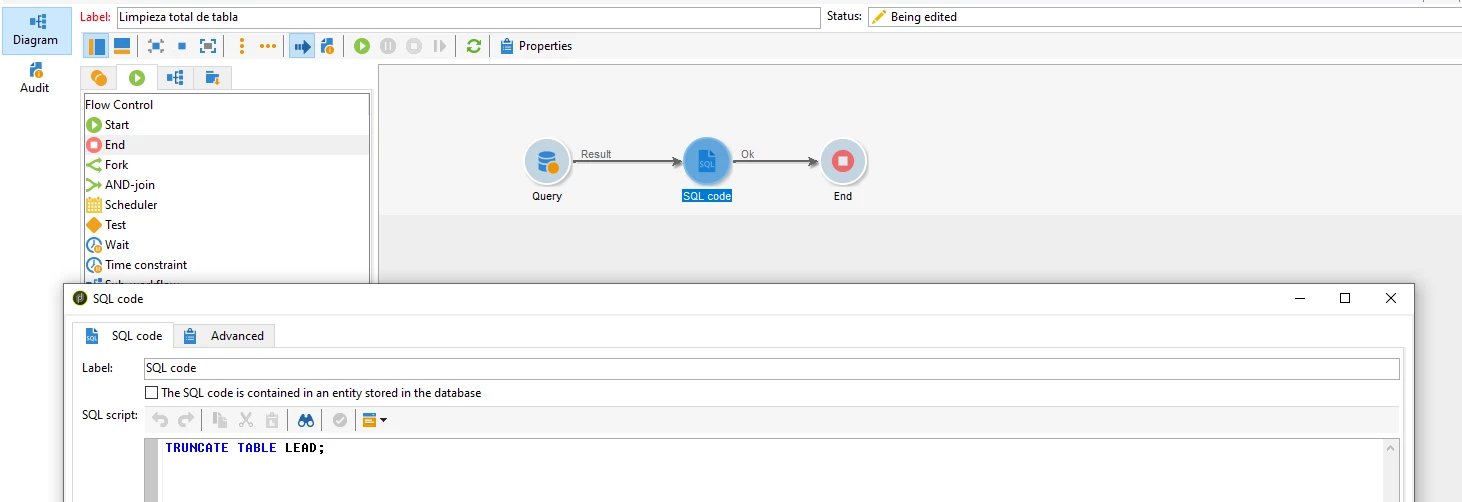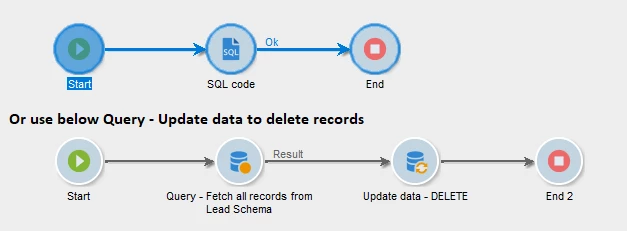How to truncate a table?
I have a table called: LEAD, with namespace: abc. I'm using V7 Classic.
I've to remove all rows, since data is flawed and load new data.
1.- Create workflow that: Loads Table Lead: with no filtering condition since I want to remove all rows from all columns, right?

2.- In a SQL Activity just use: only LEAD or abc:LEAD (adding the namespace)?

3.- Should I TRUNCATE and RESTART IDENTITY?
TRUNCATE TABLE table_name
RESTART IDENTITY;
My Lead schema is:
<srcSchema _cs="LEAD (abc)" created="2020-11-18 16:13:03.156Z" createdBy-id="0" entitySchema="xtk:srcSchema"
img="xtk:schema.png" label="LEAD" lastModified="2022-08-12 19:59:36.347Z"
md5="9031FA3A1C8D10C7DCAD432B12E1F32B" modifiedBy-id="0" name="LEAD" namespace="abc"
xtkschema="xtk:srcSchema">
<element autopk="true" label="LEAD" name="LEAD">
<attribute label="Id Recipient" name="RECIPIENTID" type="long"/>
<attribute label="Segmento Comercial" name="DESSEGMENTOCOMERCIAL" type="string"/>
<element integrity="normal" label="Recipient" name="recipient" noDbIndex="true"
revIntegrity="normal" revLabel="Recipient Lead Link" revLink="LEAD"
target="nms:recipient" type="link">
<join xpath-dst="@id" xpath-src="@RECIPIENTID"/>
</element>
<dbindex name="CODLOTEOFERTA">
<keyfield xpath="@CODLOTEOFERTA"/>
</dbindex>
</element>
</srcSchema>
EDIT 1:
I think I can do it without the QUERY ACTIVITY? Only using the SQL Activity?
Like this:

